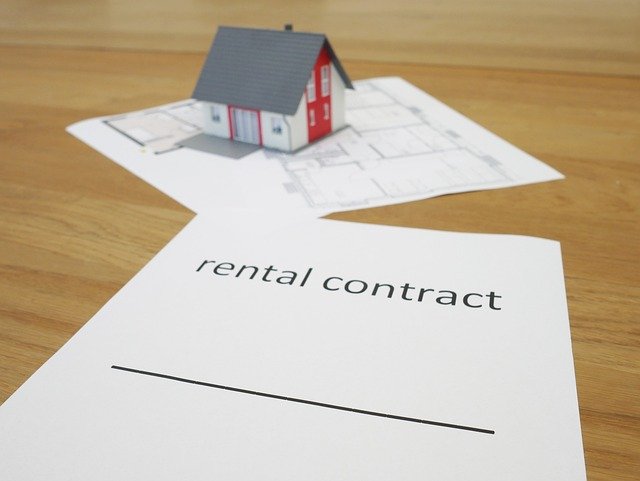No-Deposit Apartments for Rent: What Renters Should Know
No-deposit apartments are rental listings or programs that allow tenants to move in without paying a traditional security deposit up front. These options can help renters with limited savings or who prefer to avoid tying up a month or more of rent. They come in different forms — fee-based alternatives, insurance or guarantee products, or landlord-covered arrangements — and each has trade-offs for cost, liability, and lease terms.

What does “no deposit” mean for housing?
A “no deposit” housing option usually replaces the conventional refundable security deposit with another arrangement. That might be a small nonrefundable fee, an insurance or guarantee paid by the renter, or a landlord-funded waiver. The key difference is whether money is refundable and who bears the risk for damage or unpaid rent. Before signing, read lease sections that refer to damages, cleaning, and move-out accounting to understand what protections you still have.
How do no-deposit apartment options work?
No-deposit apartment programs operate in several ways. Insurance-style services typically require the renter to pay a recurring or one-time fee to a third party that covers landlord losses up to a limit. Guarantee programs commit a provider to cover eligible landlord claims while the renter remains liable to repay the provider. Some landlords simply waive deposits for qualified applicants or offer in-house alternatives. Each model has different application processes, credit checks, and documentation requirements for both tenant and landlord.
What to consider when renting without a deposit?
When renting without a deposit, clarify who pays for damages and how disputes are handled. Understand whether the alternative is refundable (unlikely) or nonrefundable, and whether it affects your legal rights to challenge charges. Review how move-out inspections and cleaning fees will be assessed. Also check if the arrangement requires a co-signer, adds to monthly costs, or affects eligibility for future rentals. Keep records of the apartment’s condition at move-in and move-out to protect yourself.
Are there financial pros and cons to skipping a deposit?
Skipping a large upfront deposit can free up cash for moving costs, furniture, or savings. However, many alternatives involve fees that are nonrefundable or a guarantee that you must reimburse if a landlord makes a claim. Over the lease term, these fees can add up and sometimes exceed a traditional refundable deposit. Compare the total expected cost over time and weigh immediate cash flow benefits against potential long-term expense and liability.
How does a no-deposit option affect your lease?
Providers that enable no-deposit renting typically require lease language reflecting their role; for example, a landlord may add a clause authorizing the provider to cover losses and recover from the tenant. That can influence how claims are pursued and how disputes are resolved. Below are common providers and typical cost benchmarks to help compare options before you commit.
| Product/Service | Provider | Cost Estimation |
|---|---|---|
| Deposit insurance / guarantee (monthly fee or one-time) | Rhino | Often a recurring fee or one-time charge; commonly ranges from a small percentage of monthly rent to a nonrefundable flat fee depending on coverage and market. |
| Deposit alternative (membership or monthly protection) | Jetty (and similar services) | Typically a monthly charge or annual plan; estimates vary by company and renter credit but are generally lower than a full security deposit upfront. |
| Landlord guarantee program (no cash deposit) | Obligo | Provider issues a guarantee to the landlord; renter may pay enrollment fees or a recovery agreement applies if claims occur — costs vary by market and account terms. |
| Lease guarantor or co-signer service | Insurent | Usually charges application and administrative fees; may require approval criteria and occasional fees tied to lease value. |
Prices, rates, or cost estimates mentioned in this article are based on the latest available information but may change over time. Independent research is advised before making financial decisions.
Conclusion
No-deposit apartments can be a practical solution for renters who need to avoid large upfront costs, but they are not identical replacements for a refundable security deposit. Understand the model used, review lease language closely, compare short- and long-term costs, and document the unit’s condition to protect your rights. Choosing the right option depends on your budget, credit profile, and tolerance for potential future liabilities.






